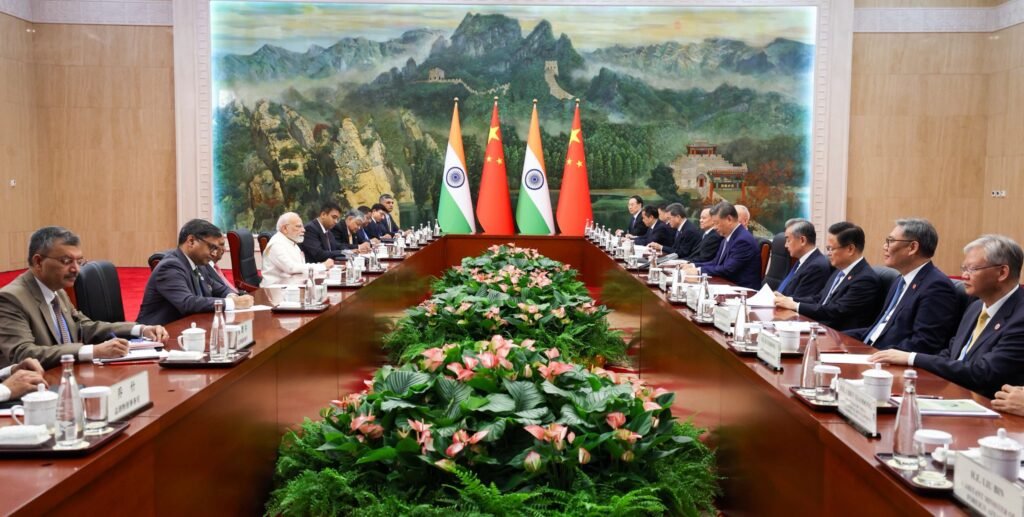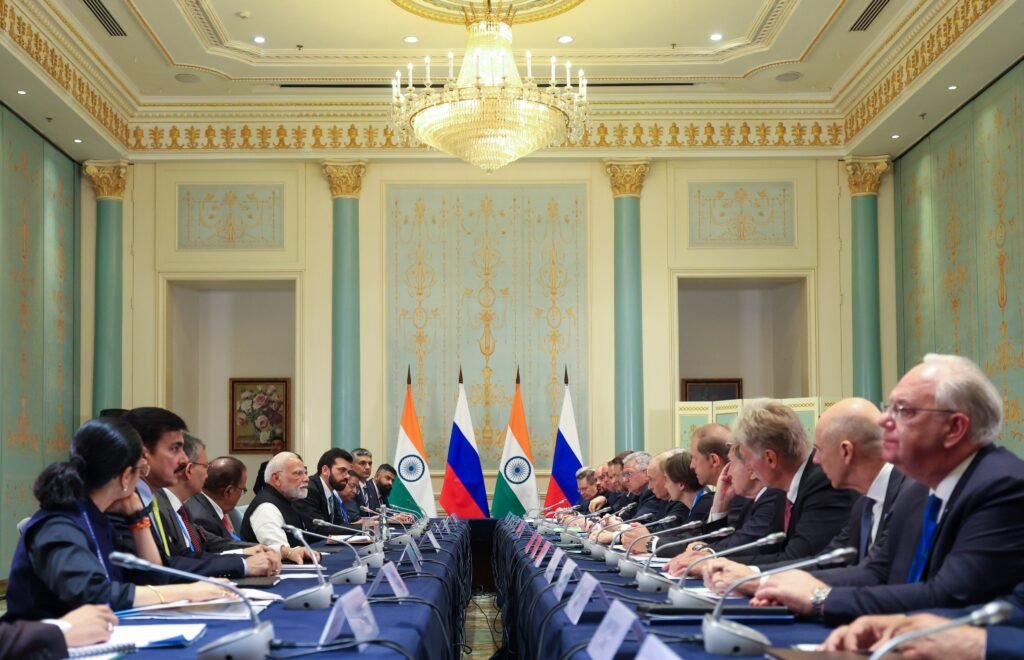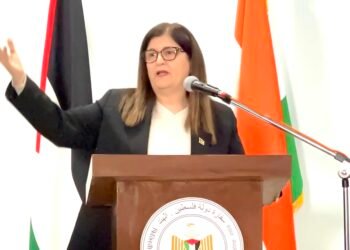TIANJIN, China: The Shanghai Cooperation Organisation (SCO) summit in Tianjin was less about ceremony and more about symbolism, as India, China, and Russia used the platform to sharpen their shared message of sovereignty, security, and a multipolar future. Prime Minister Narendra Modi, President Xi Jinping, and President Vladimir Putin projected both solidarity and strategic intent, positioning Eurasia as the heart of a new world order that challenges Western dominance.
For India, Modi charted a principled path built on security, connectivity, and opportunity. He condemned the Pahalgam terror attack as an assault on humanity, underscoring that terrorism cannot be countered with double standards. By reaffirming India’s leadership in SCO counter-terror mechanisms and proposing deeper cooperation on anti-radicalisation and terror financing, Modi framed India as both a security partner and a reform-driven power. On connectivity, he backed Chabahar Port and the International North-South Transport Corridor while stressing that any project must respect sovereignty, an indirect rebuke to initiatives that bypass national consent. And by linking India’s domestic reform agenda to SCO opportunities, Modi positioned New Delhi as a growth engine for the bloc.

Xi Jinping, meanwhile, pressed his vision of a new global order rooted in “true multilateralism” and the Global South’s priorities. Without naming the United States, he denounced hegemonism and tariff-driven politics, asserting that global governance has reached a crossroads. China offered free aid, loans, an SCO development bank proposal, and pledged an AI cooperation centre moves that highlight Beijing’s intent to institutionalise leadership within the bloc. Xi framed the SCO not just as a regional group but as a counterweight to U.S.-led institutions, pitching Eurasia as the nucleus of a post-Western order.
Putin reinforced that message, calling the SCO a platform of “genuine multilateralism.” With Russia battered by sanctions and deepened reliance on Asian partners, he celebrated the growing use of national currencies in mutual settlements, portraying it as the foundation of a more stable Eurasian system free from dollar dominance.

Beyond rhetoric, the optics told their own story. Modi, Putin, and Xi, laughing, hand in hand conveyed a carefully choreographed image of solidarity in the face of Western pressure. Modi even rode with Putin in his Aurus limousine, showcasing the resilience of the Indo-Russian bond despite global turbulence. India and China also sought to cool their rivalry, agreeing to treat each other as development partners while discussing ways to expand trade.
What emerged from Tianjin is not just a reaffirmation of SCO’s role but a declaration that the balance of global power is tilting. By pushing for UN reform, strengthening Eurasian financial autonomy, and embedding Global South narratives into global governance, the summit underscored that the post-Cold War order is no longer uncontested. For India, the challenge lies in balancing its principled sovereignty-driven stance with the competing ambitions of Beijing and Moscow. For China and Russia, the SCO has become the launchpad for their counter-hegemonic drive.
In Tianjin, the SCO became more than a forum, it became a stage for redefining global rules, with Eurasia at the centre. The question now is whether this unity of vision can withstand the fault lines within.
– Dr. Shahid Siddiqui; follow via X @shahidsiddiqui
WATCH, LIKE & SUBSCRIBE FOR GLOBAL GEOPOLITICAL NEWS

















